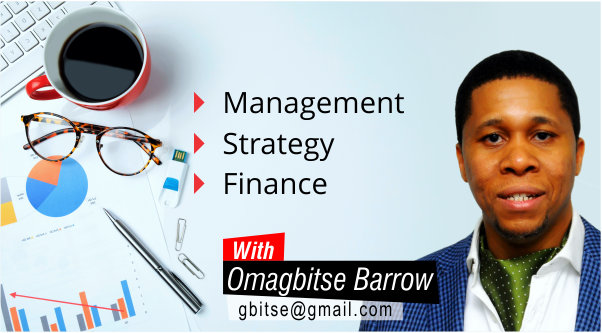Have you ever met people who:
- have a good job, earn a good salary each month, but are unable to pay their school fees, rent and other obligations;
- worked for so many years and retired into poverty, had many dreams and ideas but just couldn’t get them to happen,
- lived in envy about what others were able to achieve in life, compared to them, made “investments” and lost all their hard-earned money;
- managed other people’s businesses and finances but cannot manage theirs;
- lost all their property in a fire incident and couldn’t recover;
- are impulsive buyers, incurring large amounts of debt, and have no savings;
- climbed the corporate ladder and made some success but paid dearly with poor health and family problems;
- lost a spouse, and then, all the family’s assets to usurpers;
- worried so much about the progress and wealth that their family and friends had, compared to theirs, but still never “made it”;
- believed so much in the pursuit of money, but lost their good name and reputation doing so?
Many people struggle with these issues because they have never paid attention to learning about financial planning and applying lessons in financial literacy to their lives.
Financial literacy, like the skills for communicating, leadership and innovation are collectively referred to as LIFE SKILLS – that play a significant role in our success in our careers and businesses. You see, our traditional education in Mathematics, Science, Engineering or other professions give us the skills required to enter into the workplace, but life skills like financial literacy ensure our long-term success in whatever vocation, career or business we pursue.
Unfortunately, our educational institutions do not prepare us with the skills for financial literacy, and even our workplaces hardly pay enough attention to equipping us with the skills for financial literacy. It is rather ironic that whereas employers provide money as compensation to employees for their work, they do not pay enough attention to educating their employees on how to manage the money that they earn.
Failing to do so often leads to workers who are struggling with their personal finances to be distracted at work, and sometimes to engage in unethical practices just to make ends meet.
So, what do you need to know about your personal finances that constitutes the body of knowledge called Financial Literacy? – 1) Assessing Your Financial Position; 2) Managing Your Spending; 3) Growing Your Wealth through Saving and Investing; 4) Protecting your Wealth; 5) Intrapreneurship and Entrepreneurship; 6) Planning for your 3rd Career (Retirement) and 7) The Ethics of Money.
Reflect on all of these and start to take deliberate steps towards improving your financial literacy and the financial literacy of your family (including children), colleagues and employees. A financially literate person is more likely to succeed in work and business than one who is not.













